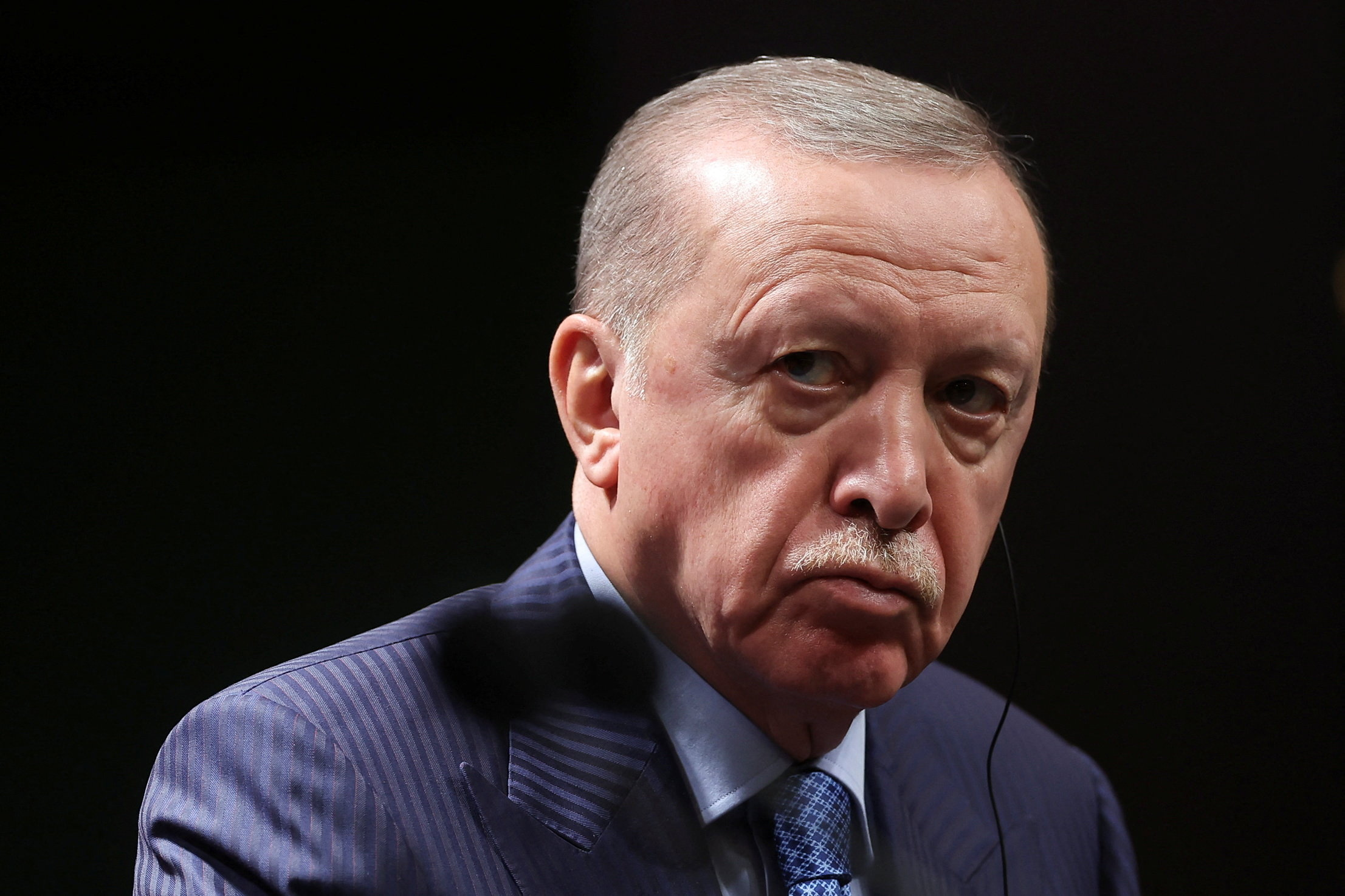Turkey is expected to “normalise” its relations with the Republic of Cyprus, while any kind of actions that could increase tensions and hinder the resumption of talks on the Cyprus problem needed to be avoided, the European commission said in its annual report on Turkey published on Tuesday.
“Turkiye must avoid threats and actions that harm good neighbourly relations; normalise its relations with the Republic of Cyprus; and respect the sovereignty of all EU member states over their territorial waters and airspace,” EU Commissioner for neighbourhood and enlargement Marta Kos said at the report’s presentation at European parliament’s foreign affairs committee.
The current report, just as the ones before it, once again criticises the Turkey’s continuous refusal to recognise and cooperate with Cyprus.
In this context, the commission listed several offences committed by Turkey.
These included conducting military exercises in Cypriot maritime zones, harassing Cypriot fishing vessels, as well as illegal fishing activities and the violation of the Republic’s airspace via unmanned aerial vehicles.
Moreover, the report highlights Turkey’s ongoing efforts of upgrading its military facilities in the north, including the drone base in Lefkoniko and the Turkish naval base in Bogazi.
The commission’s findings are based on analyses of the period stretching from September 2024 to September 2025.
In regard to the Cyprus problem, Turkey’s strict advocacy for a two-state solution was noted. Calling on Turkey to reaffirm its commitment to relevant settlement talks, the commission gave emphasis to the fact that Turkey’s current stance on the Cyprus problem went against relevant UN security council resolutions.
“Any process seeking a bi-zonal, bi-communal federation would not be successful,” the report reads, warning of unilateral actions that could increase tensions on the island and hinder the resumption of talks.
The commission made it clear that the only entity it recognised as having legal standing at international level was the Republic of Cyprus, stressing that any actions to facilitate the international recognition of the north seriously undermined efforts to prepare for formal negotiations under the auspices of the UN.
“The EU remains fully committed to a comprehensive settlement of the Cyprus issue within the UN framework, in accordance with all relevant UN security council resolutions and in line with the principles on which the EU is founded,” the report notes.
While recognising Turkey as a key partner sharing strategic interests in the Eastern Mediterranean and the Black Sea region, the commission expressed its concern about the ongoing deterioration of democratic standards, the rule of law, the independence of the judiciary, and respect for fundamental rights.
The Turkish foreign ministry, soon after the publishing after the report, issued a statement alleging the commission of being biased and “unable to play an objective role” regarding matters concerning the Eastern Mediterranean and the Cyprus problem.
“The commission, once again, repeats the legally unfounded and maximalist positions of Greece and the Greek Cypriots, ignoring the legitimate concerns of Turkey and the Turkish Cypriot side,” the statement read.
Requesting the lifting of restrictive measures imposed by the EU foreign affairs council in 2019, Ankara said that it sought to improve its cooperation with the EU, stressing Turkey expected Brussels to demonstrate “corresponding strategic will and constructive attitude.”
Following unauthorised drillings infringing the sovereignty of the Republic of Cyprus, the EU council imposed restrictive measures on Turkey in November 2019.
These included the freezing of funds of stakeholders involved in hydrocarbon drilling activities within Cyprus’ territorial sea and the exclusive economic zone (EEZ), which were not authorised by the Republic of Cyprus.






Click here to change your cookie preferences